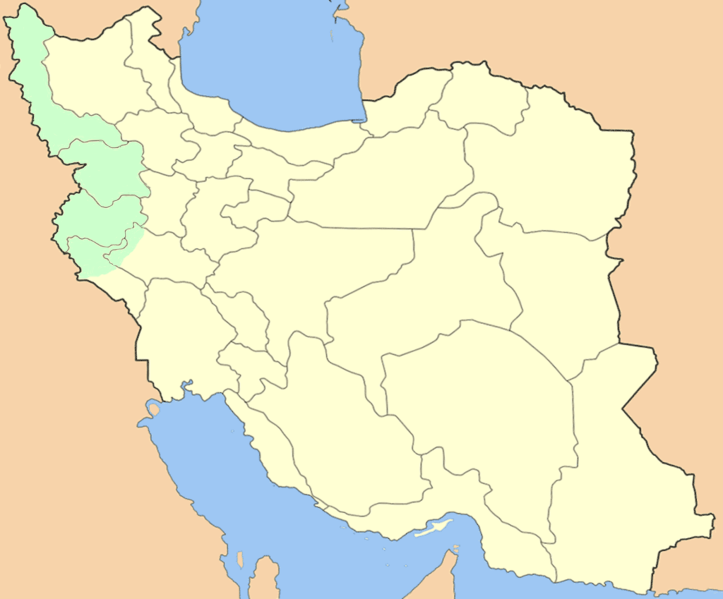The Kurdistan Free Life Party (PJAK) has issued a statement addressing the recent and ongoing confrontations between Iran and Israel, calling upon the people of Iran to utilize the current climate to organize for "Self-Administration." The announcement asserts that Iranians are not relegated to a choice between enduring war or living under a dictatorship.
In its communication, PJAK emphasized that warfare "will not bring freedom to the peoples," characterizing the current hostilities as a "result of the power holders' calculations of interest." The organization contends that the Iranian regime's sustained oppressive policies against its populace have cultivated a "radical position" among the people concerning the conflict.
The statement further interprets the escalating tensions as a potential "final ultimatum by global powers to the Iranian regime," suggesting a connection to the long-term strategic implementation of a "New Middle East Project."
A significant portion of PJAK's announcement focused on the human cost of the conflict, expressing strong condemnation for civilian deaths in both Iran and Israel, with particular concern for women and children. "Those who started this war are the power holders; the people pay the price," the party declared, underscoring the disproportionate impact of such conflicts on ordinary citizens.
Highlighting that alternatives exist beyond the grim binary of war and authoritarian rule, PJAK posited that true liberation for Iran will emerge from "the democratic struggle of the people and the 'Jin, Jiyan, Azadî' (Woman, Life, Freedom) revolution." This invocation of the potent slogan, which gained global recognition during widespread protests in Iran, signals PJAK's belief in the continued relevance and power of grassroots movements.
The core of PJAK's message was a direct and emphatic appeal for the establishment of "Self-Administration" across Iran. This call was extended explicitly to Iranian women, who have been at the forefront of recent social and political movements, as well as to civil society organizations and various Kurdish political parties. The organization urged these groups to spearhead efforts towards greater autonomy and democratic organization at local and regional levels.
Concluding its statement, PJAK issued a broad call for mobilization. "We call on all peoples to mobilize for the construction of a self-governing democratic society," the announcement read, framing the current challenging circumstances as an opportunity for foundational societal change driven from within. The party encourages diverse communities within Iran to work collectively towards a decentralized and democratic future, independent of the outcomes dictated by state-level conflicts or international power plays.
Iran's Kurds and PJAK: A Context
Iran's Kurdish population, estimated to be between 10 to 12 million, primarily resides in the western and northwestern provinces of the country, an area they refer to as Rojhelat (Eastern Kurdistan). For decades, Iranian Kurds have sought greater recognition of their distinct cultural, linguistic, and political rights. These communities have often experienced systemic discrimination and state repression, leading to persistent demands for a degree of autonomy or self-governance within Iran's borders.
PJAK, or the Kurdistan Free Life Party (Partiya Jiyana Azad a Kurdistanê), is a Kurdish nationalist organization that has been active in Iranian Kurdistan since the early 2000s. It advocates for the self-determination of Kurds in Iran, often promoting a model of democratic confederalism and self-administration. The group shares ideological affinities with the Kurdistan Workers' Party (PKK) in Turkey, drawing inspiration from the political philosophy of Abdullah Öcalan. The Iranian government designates PJAK as a terrorist organization and has engaged in numerous military confrontations with its armed wing over the years. Tehran views PJAK's activities and calls for self-rule as a threat to national sovereignty and territorial integrity.
Map: Wikimedia Commons
